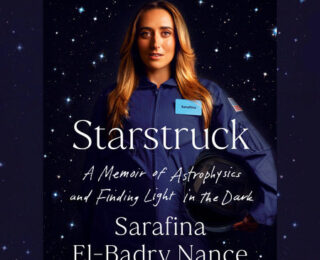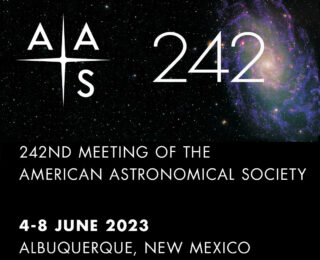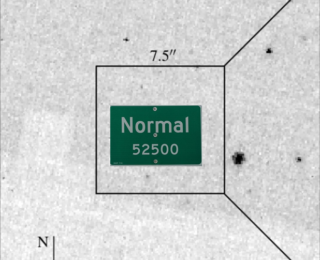
Vanishing Stars Surface New Island in the Massive Ocean
In a magical act some stars could vanish from the night sky, today’s bite asks: can we can see them again as black holes?

In a magical act some stars could vanish from the night sky, today’s bite asks: can we can see them again as black holes?

Will Betelgeuse go supernova in the next few decades? This paper suggests so…

We interview Sarafina El-Badry Nance, author of Starstruck, about her research, experience writing a memoir, and more!

From Briley Lewis & William Lamb: We review Sarafina El-Badry Nance’s autobiography, ‘Starstruck!’

“The past, present, and future of the Hubble tension”: We interviewed cosmologist Daniel Scolnic for his plenary talk at the upcoming #AAS242!

Today’s authors find that the host galaxy of the brightest gamma-ray burst ever detected is unexpectedly average!